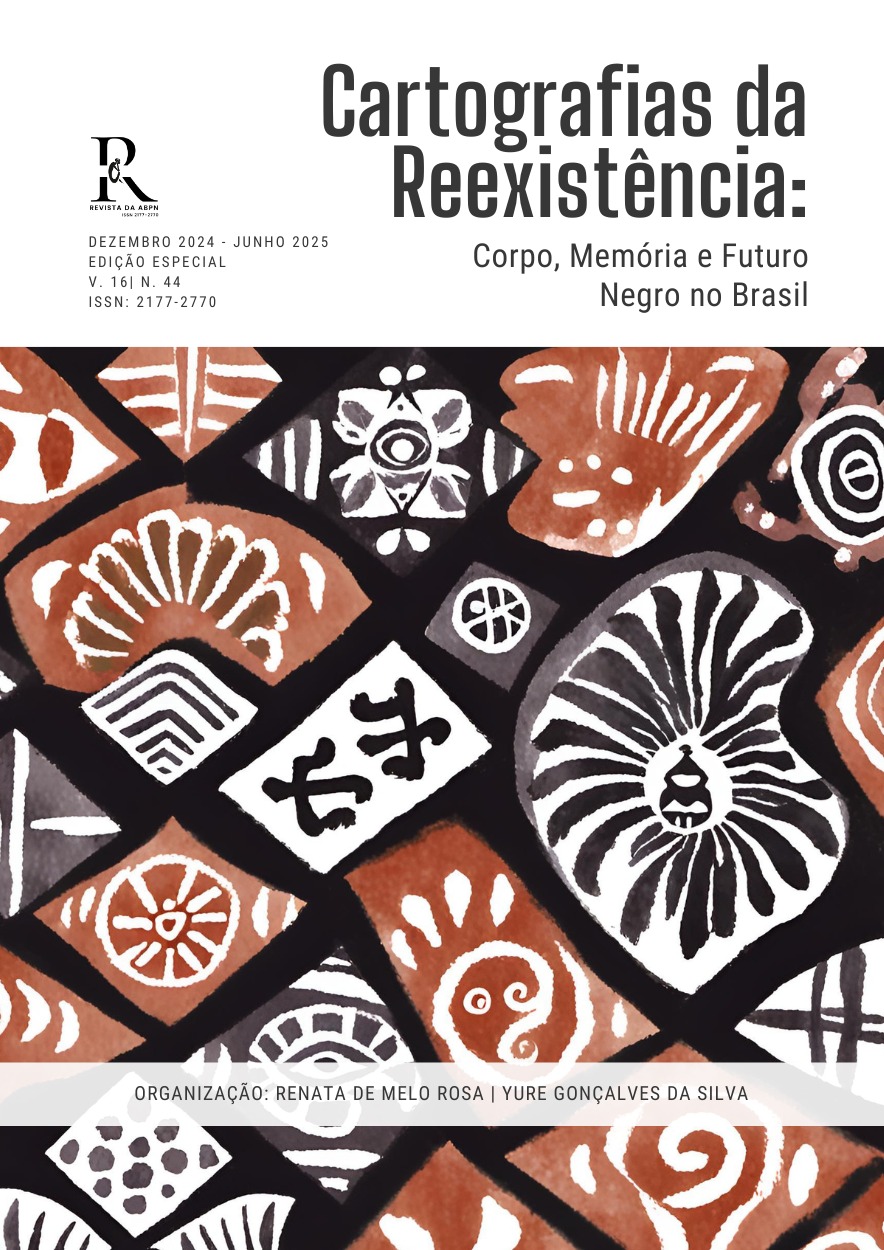ANCESTRALIZANDO O FUTURO: EXPERIÊNCIAS QUILOMBOLAS NA PÓS-GRADUAÇÃO/DOUTORADO EM HISTÓRIA/UFC
Main Article Content
Abstract
With the promulgation of the Federal Constitution in 1988, the quilombola population in Brazil began to appear as subjects of rights. This population is present in 24 states, distributed across 1,700 Brazilian municipalities, totaling 1,330,186 quilombolas, which represents 0.66% of all residents of the country (CENSO, 2022). For the first time, quilombola people were counted, as an ethnic group, through the Demographic Census-CD, 2022. In Ceará, quilombolas number more than 23,955 people, distributed in 68 municipalities in Ceará. The Census also points out that the quilombola and indigenous population is younger compared to other Brazilians. Ancestralizing the future of quilombolas, through education, creating opportunities for access to different modalities of education, especially in higher education and postgraduate/doctoral studies, is an urgent task and requires an effort, from the public authorities, managers of Federal and State institutions and society as a whole. As a way to reduce inequalities in access through inclusive reparative higher education policies. Our objective and text proposal is to bring, through our experiences, two Specific Notices for quilombolas, which guaranteed our entry into the Doctorate in the Postgraduate Course in Social History at the Federal University of Ceara-UFC. To this end, we will dialogue with intellectuals Abdias Nascimento, Beatriz Nascimento, Alex Ratts and Nego Bispo. It is worth mentioning that since the promulgation of the Federal Constitution of 1988, the quilombola population has been guaranteed constitutional rights such as Art. 68 of the Transitional Constitutional Provisions Act (ADCT), then in 2003 with Decree 4,887/2003 and Convention 169 of the International Labor Organization (ILO), of which Brazil is a signatory. We highlight the importance of the multifaceted view of those who develop the access policy for quilombolas, in the Postgraduate course at UFC, observing and respecting the.
Keywords: Quilombolas; Specificity; Access; Postgraduate/Doctorate.
Article Details

This work is licensed under a Creative Commons Attribution 4.0 International License.
Copyright Statement
- Authors retain copyright and grant the journal the right of first publication, with work simultaneously licensed under the Creative Commons Attribution License CC-BY 4.0 which allows the sharing of the work with acknowledgment of the authorship of the work and initial publication in this journal.
- Authors are authorized to enter into additional contracts separately for non-exclusive distribution of the version of the work published in this journal (eg, publishing in institutional repository or book chapter), with acknowledgment of authorship and initial publication in this journal.
- Authors are allowed and encouraged to post and distribute their work online (eg in institutional repositories or on their personal page) at any point before or during the editorial process, as this may lead to productive changes as well as increase impact and citation of published work (See The Effect of Free Access).

